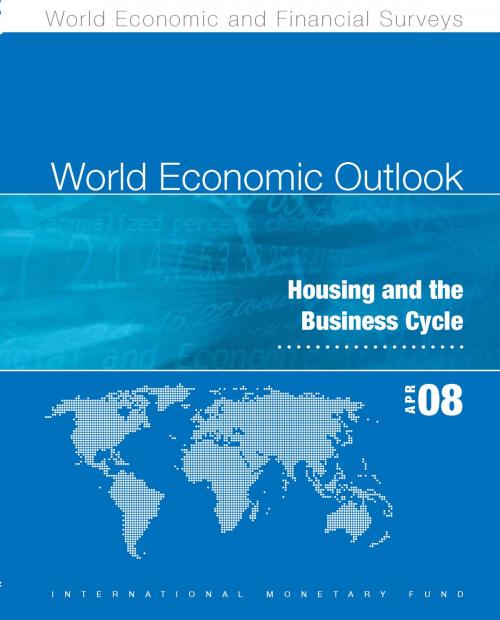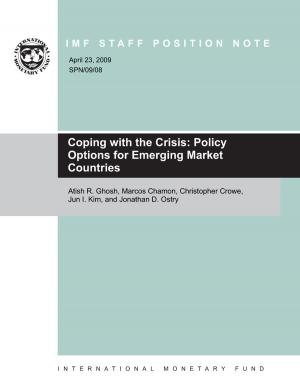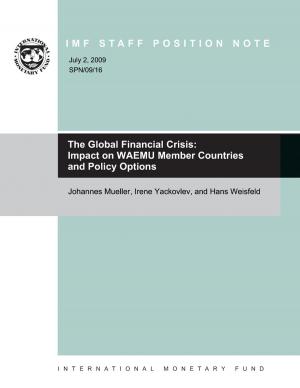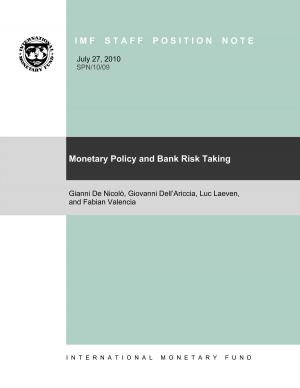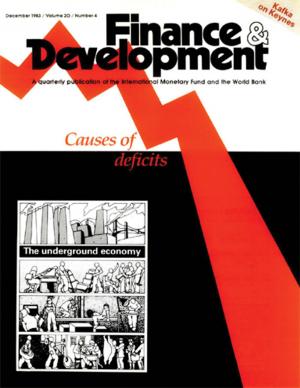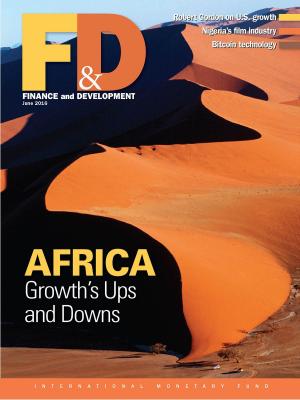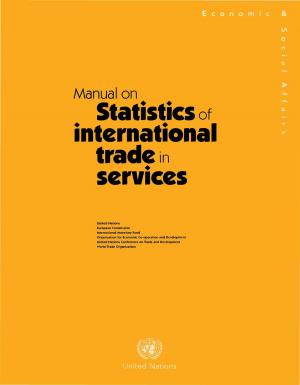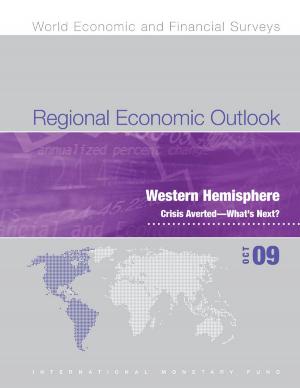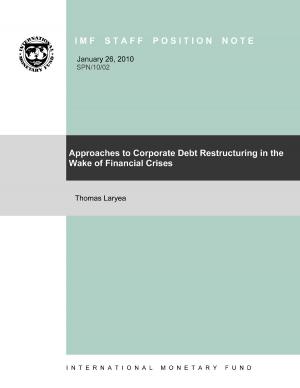World Economic Outlook, April 2008
Business & Finance, Economics, International Economics, Macroeconomics, Nonfiction, Social & Cultural Studies, Political Science, Politics, Economic Policy| Author: | International Monetary Fund. Research Dept. | ISBN: | 9781451987515 |
| Publisher: | INTERNATIONAL MONETARY FUND | Publication: | April 9, 2008 |
| Imprint: | INTERNATIONAL MONETARY FUND | Language: | English |
| Author: | International Monetary Fund. Research Dept. |
| ISBN: | 9781451987515 |
| Publisher: | INTERNATIONAL MONETARY FUND |
| Publication: | April 9, 2008 |
| Imprint: | INTERNATIONAL MONETARY FUND |
| Language: | English |
The global expansion is losing speed in the face of a major financial crisis. The slowdown has been greatest in the advanced economies, particularly in the United States, where the housing market correction continues to exacerbate financial stress. The emerging and developing economies have so far been less affected by fi nancial market developments and have continued to grow at a rapid pace, led by China and India, although activity is beginning to slow in some countries. At the same time, headline infl ation has increased around the world, boosted by the continuing buoyancy of food and energy prices. Policymakers around the world are facing a diverse and fast-moving set of challenges, and although each country's circumstances differ, in an increasingly multipolar world it will be essential to meet these challenges broadly, taking full account of cross-border interactions. The World Economic Outlook (WEO) presents the IMF staff's analysis and projections of economic developments at the global level, in major country groups (classified by region, stage of development, etc.), and in many individual countries. It focuses on major economic policy issues as well as on the analysis of economic developments and prospects. It is usually prepared twice a year, as documentation for meetings of the International Monetary and Financial Committee, and forms the main instrument of the IMF's global surveillance activities.
The global expansion is losing speed in the face of a major financial crisis. The slowdown has been greatest in the advanced economies, particularly in the United States, where the housing market correction continues to exacerbate financial stress. The emerging and developing economies have so far been less affected by fi nancial market developments and have continued to grow at a rapid pace, led by China and India, although activity is beginning to slow in some countries. At the same time, headline infl ation has increased around the world, boosted by the continuing buoyancy of food and energy prices. Policymakers around the world are facing a diverse and fast-moving set of challenges, and although each country's circumstances differ, in an increasingly multipolar world it will be essential to meet these challenges broadly, taking full account of cross-border interactions. The World Economic Outlook (WEO) presents the IMF staff's analysis and projections of economic developments at the global level, in major country groups (classified by region, stage of development, etc.), and in many individual countries. It focuses on major economic policy issues as well as on the analysis of economic developments and prospects. It is usually prepared twice a year, as documentation for meetings of the International Monetary and Financial Committee, and forms the main instrument of the IMF's global surveillance activities.
